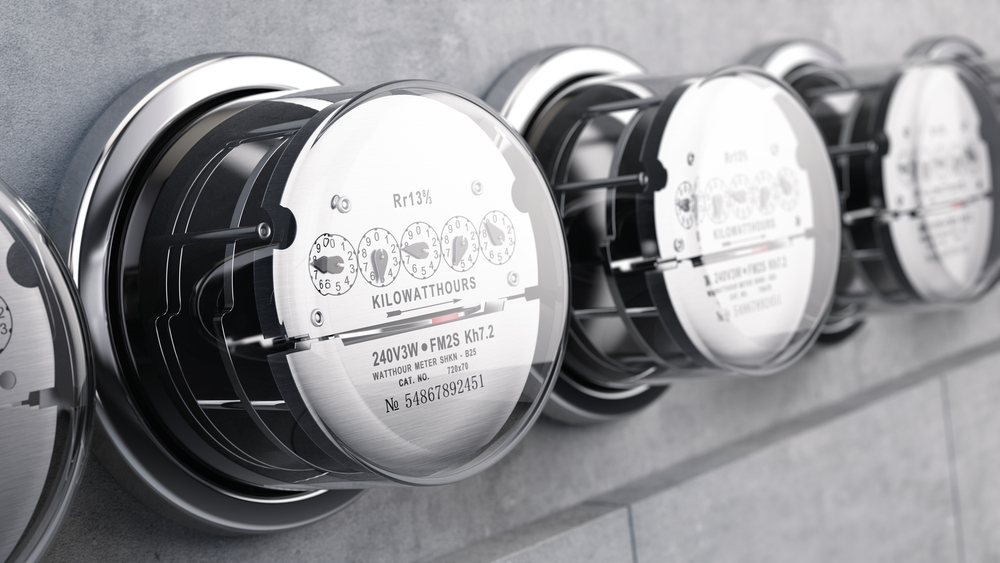It’s hard to imagine how far humanity has come since the invention of electricity. Who knew people could harness sunbeams and use them as a sustainable power source that everyone can use?
The great thing about solar energy is that you can continuously harness it as long as there’s sunlight. Furthermore, using less of what you generate translates to a surplus of energy. If you’re thinking of a way you can store this surplus of energy, you have two options:
- Keep it in solar batteries for later use
- Send it to the grid
Solar batteries are more commonly used, but what exactly does sending energy to the grid mean? Essentially, it involves a system called net metering. This quick-read blog can help you understand more of this concept.
What is Net Metering?
Net metering is a billing method allowing customers who install solar panels to receive a credit on their electricity bills for the power they send to the grid. When your solar panels produce more electricity than you consume at any given time, the excess energy is credited to you
There will be cloudy days that won’t have enough sunlight to generate the power you need, making you rely on the grid for electricity. It means your home will consume more grid electricity than solar. In the Philippines, the amount in kWh you export to the grid will be computed at the end of each month by multiplying it by the generation rate. The total amount in Pesos will be deducted from your total bill. It should be noted that the total bill is still computed based on the total grid kWh consumed, excluding solar production.
Essentially, the monthly billing shall be reduced by the net-metering credit, which is computed by exported energy (in kWh) multiplied by the generation rate (in PHP/kWh). Net metering is the basic policy that governs this process in the solar industry.
3 Awesome Benefits of Net Metering
If you’re willing to make an effort to switch to solar energy, you should know how net metering works to take advantage of these benefits:
1. Creates jobs and encourages private investments
Net metering helps increase the demand for solar energy systems, which in turn provides significant benefits in terms of employment, income, and investment. These open opportunities for electricians, installers, and manufacturers to work in the solar industry. And with strong policies that help the solar industry thrive, these will ultimately boost the country’s overall economy.
2. Gives consumers control over their electricity bills
Utility consumers can efficiently generate their own clean electricity through net metering. Most solar users produce more energy during the day than they consume, which allows them to export surplus power to the grid, which would help reduce their electricity bills in the future.
3. Protects the utility grid
It’s generally believed that net metering is a cause of lost revenue opportunities. But the truth is policies have been in place to create a smoother demand curve for electricity. This helps utilities manage their peak loads better. Through net metering, the strain on distribution systems is reduced, preventing losses in electricity transmission and distribution over long distances. This essentially protects the grid while lowering consumption through clean solar energy.
Net Metering in the Philippines
Net metering is part of the first fully implemented clean energy policy instrument in the Philippines called The Renewable Energy Act of 2008. On May 27, 2013, the Energy Regulatory Commission (ERC) approved the rules enabling the net-metering program for renewable energy in ERC Resolution 09.
Customers of distribution utilities who pay their energy bills on time and in good standing are eligible to participate in the Net-Metering Program for Renewable Energy. An example of this program in the Philippines is the net metering service provided by Meralco.
Because net metering exclusively displaces energy (kWh) charges, customers with demand (kW) charges might not be the best candidates for this policy. However, this can start working in their favor if their peak demand and the availability of their renewable energy source coincide. In this case, net metering can potentially reduce the coincident peak electricity demand.
Essentially, net metering can deliver great benefits for solar energy users. However, you should note that a 100 kW capacity limit is placed on renewable energy systems under this policy as defined by Section 4 of the renewable energy (RE) law. In other words, the system is only for distributed generation (DG) or small generation entities supplying power directly to the grid.
Maximize Your Solar Panels
Net metering benefits the people who invest in solar systems. Residents and companies can expect to save money on electricity bills over time through solar panels and contribute to the country’s renewable energy goals.
If you’re looking for a reliable solar panel system, catch our experts at SolarNRG to help you choose the right products and help you with installation. Contact us today!


Recent Comments